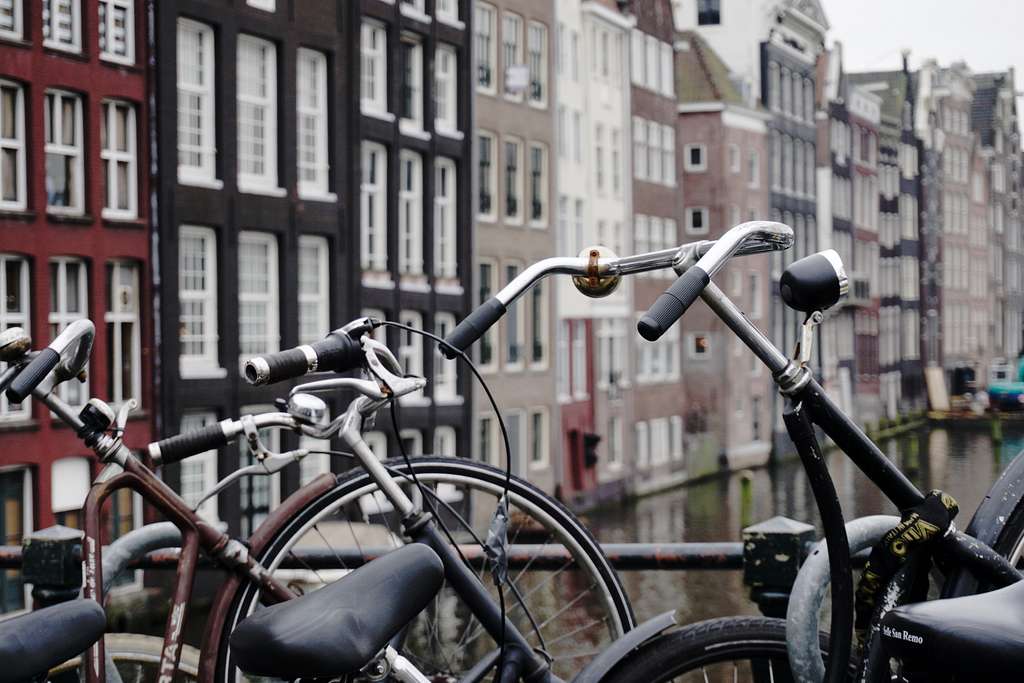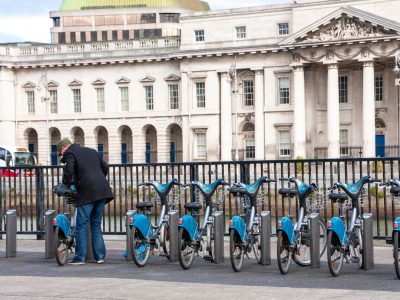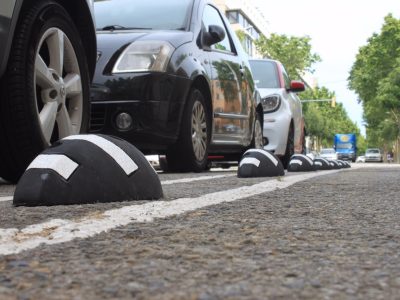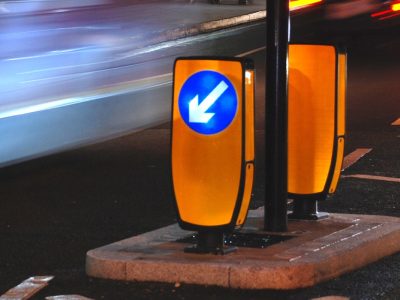In the flatlands of the Netherlands, where tulips bloom and windmills turn, another iconic sight dominates the landscape: bicycles. The Dutch have long embraced cycling as a mode of transportation, weaving it seamlessly into their daily lives. But beyond convenience, the widespread adoption of biking in Dutch cities has led to profound environmental and health benefits that ripple far beyond its borders.
According to a recent report by the World Economic Forum (@WEF), the Dutch reliance on bicycles for urban transportation has resulted in significant reductions in air pollution and CO2 emissions. In fact, the emissions savings from cycling are so substantial that they are equivalent to planting a staggering 54 million trees each year.
Let’s unpack this remarkable statistic. By choosing bikes over cars for short trips within cities, the Dutch are drastically reducing their carbon footprint. Unlike motor vehicles, bicycles produce zero emissions, making them a clean and sustainable mode of transport. As a result, the air quality in Dutch cities is markedly better compared to many urban centres around the world where cars dominate the streets.
The implications of this shift towards cycling extend beyond environmental conservation. Air pollution is a silent killer, responsible for an estimated 3.7 million premature deaths globally each year, according to the same report by the WEF. By reducing air pollution through increased cycling, the Netherlands is not only mitigating the risk of respiratory diseases and other health ailments but also saving lives.
This cycling revolution in the Netherlands serves as a powerful example for cities worldwide grappling with issues of pollution and congestion. It demonstrates that investing in cycling infrastructure and promoting bike-friendly policies can yield substantial dividends in terms of public health and environmental sustainability.
As we look towards a future where urbanisation continues to accelerate and the need for sustainable transportation solutions becomes increasingly urgent, the Dutch model offers invaluable lessons. By prioritising cycling as a primary mode of urban transportation, cities can pave the way towards cleaner air, healthier communities, and a more sustainable planet for generations to come.
In conclusion, the Dutch ride bikes not just for convenience, but as a conscious choice to safeguard the environment and protect human health. Their commitment to cycling sets a shining example for the world, reminding us that sometimes, the simplest solutions can yield the greatest impact.
Let’s pedal towards a greener, healthier future together.
Source: @WEF




